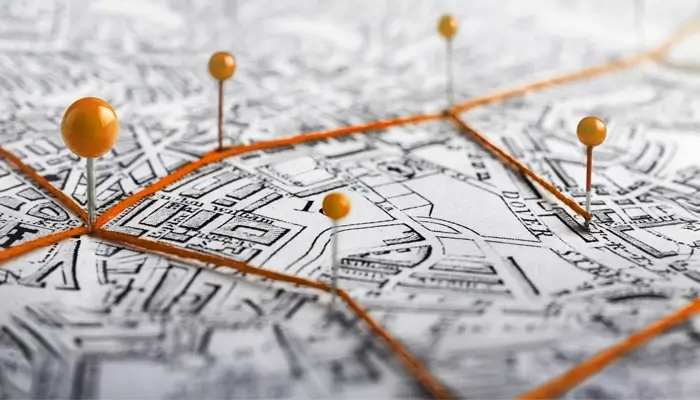What Aspects of Driving Does Alcohol Affect?
As you drink alcohol, one of the first effects you’ll notice is how your judgment and other mental functions decline. People often let their guard down, do things they normally wouldn’t do and make poor choices because alcohol disrupts the brain’s decision-making functions. Many times, this poor judgment lands people behind the wheel of their car when they’re in no condition to drive.
Drinking alcohol affects your central nervous system, which means it slows down your body and inhibits it from functioning properly. People experience alcohol’s effects at varying degrees, depending on a person’s weight, tolerance to alcohol and how much they have consumed. Let’s take a look at the common effects of drinking and how they affect your driving ability:
Reduced reaction time.
The more alcohol you drink, the more it affects your ability to process information and slows your response time, making it more difficult to react to situations on the road. If a car pulls out in front of you or a person starts crossing the street, you may not be able to act quickly enough. This slower response time means you’re more likely to become involved in an accident.
Drowsiness.
Alcohol is a depressant, which means it triggers fatigue or drowsiness. Drowsiness makes it more difficult to pay attention to the road, stay in your lane and remember where you are driving or have driven — all of which contribute to being more prone to getting in an accident.
Reduced concentration.
Drinking reduces your attention span and prevents you from concentrating on the road. When you’re driving, you are responsible for concentrating on your own driving — maintaining proper speed, staying in your lane and obeying traffic rules and signals. In addition, you have to concentrate on other drivers and their unpredictable actions. With a diminished attention span, it’s difficult to pay attention to everything necessary for safe driving. You’ll also be less likely to make rational decisions and may be more inclined to take risks that you wouldn’t normally take when sober.
Impaired vision.
As you consume alcohol, your vision is negatively affected. Some people experience blurred or double vision or an inability to control eye movement — these effects usually occur with excessive drinking and create a dangerous situation if you choose to drive. You might not be able to accurately judge the distance between your car and other vehicles, people and objects while you’re driving. Your peripheral vision might also be affected, meaning you won’t be able to see objects on either side of you.
Lack of coordination.
Motor skill function becomes increasingly more difficult the more alcohol you drink. Eye, hand and foot coordination are essential to good driving, so when your coordination is reduced, you’ll have difficulty staying in one lane, turning the steering wheel and operating your gas and brake pedals.
You will begin to notice some of these effects with your first drink. These disruptions to your brain’s normal function will gradually become more intense the more alcohol you consume. If you even question your ability to drive, put down your keys and find a ride. Driving after you’ve been drinking is risky and puts your life and the lives of others at risk.
Interlock devices can help keep you safe from the dangerous consequences of drunk driving by preventing you from starting your vehicle when you're intoxicated. For more information about an Intoxalock ignition interlock device, and interlock pricing, call our state specialists at 833-623-0200, or find an interlock installation location near you.




